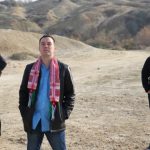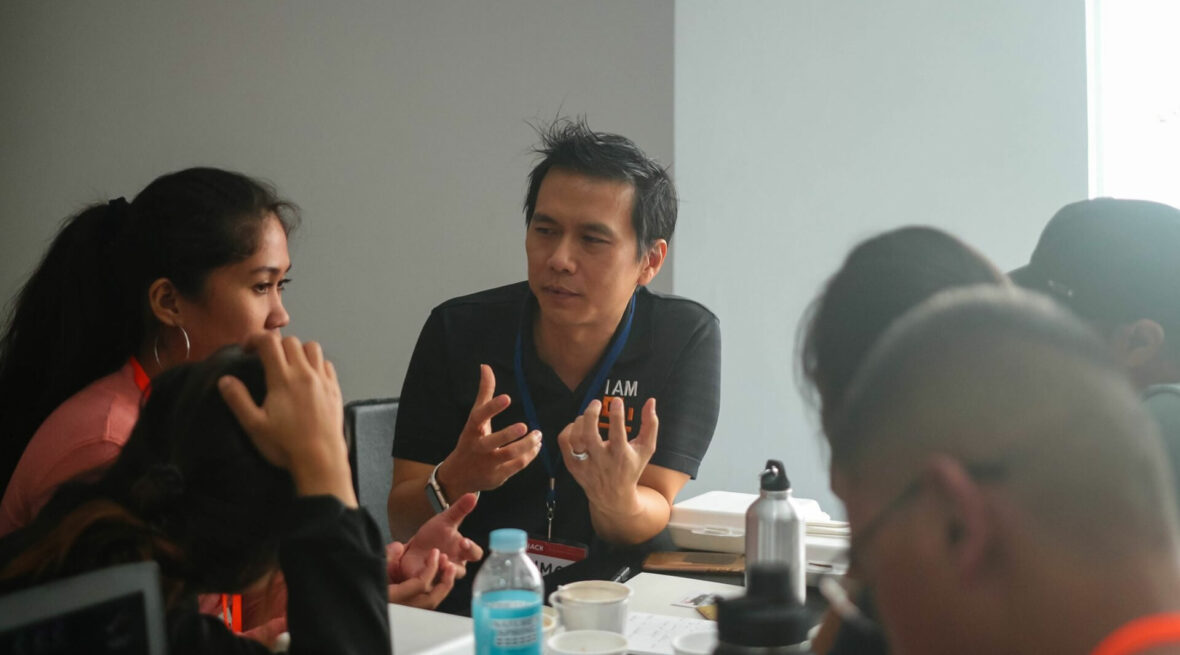For the fourth consecutive year, more than a thousand technologists, artists, missionaries, and creatives met for Indigitous #HACK, the largest global missional hackathon. While in previous years every city met at the same time, this year the hackathon was spread out over a few weekends, with the first coming in New Zealand in September and a couple locations happening next month, but most cities hacking either October 4-6 or October 11-13.
This year approximately 1,100 people in 37 cities took part in the global hackathon, collaborating on 100 projects. In each location, participants use their talents for God in the digital space by working on creative solutions to real problems facing their cities. In each city, “God showed that He is still the one bringing people together to fulfill the mission,” says Jonah Jala, the #HACK Iloilo city lead. Here are some of the highlights of this year’s Indigitous #HACK.
North America
Raleigh, North Carolina: Approximately 50 people joined the first Indigitous event in the state of North Carolina. Those who came to the hackathon worked on an online platform connecting various professionals and volunteers to missional projects.
Latin America
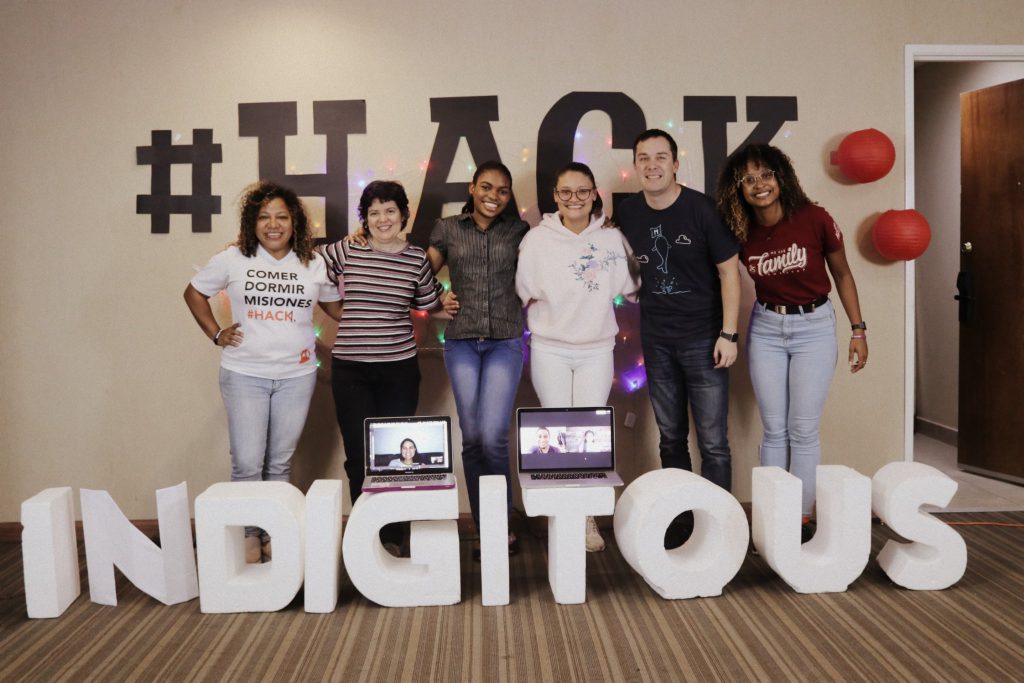
Panama City, Panama: Twelve participants gathered in Panama to continue work on two projected that were started at last year’s hackathon. One project, Jesus Y Los Temperamentos, uses a quiz to help people realize the type of person God has made them to be, in relation to the four temperaments, and how Jesus is the perfect embodiment of that personality. The other project, Y Yo Que, is a media campaign to highlight those creating positive change in the city. Read more about #HACK Panama here.
Africa
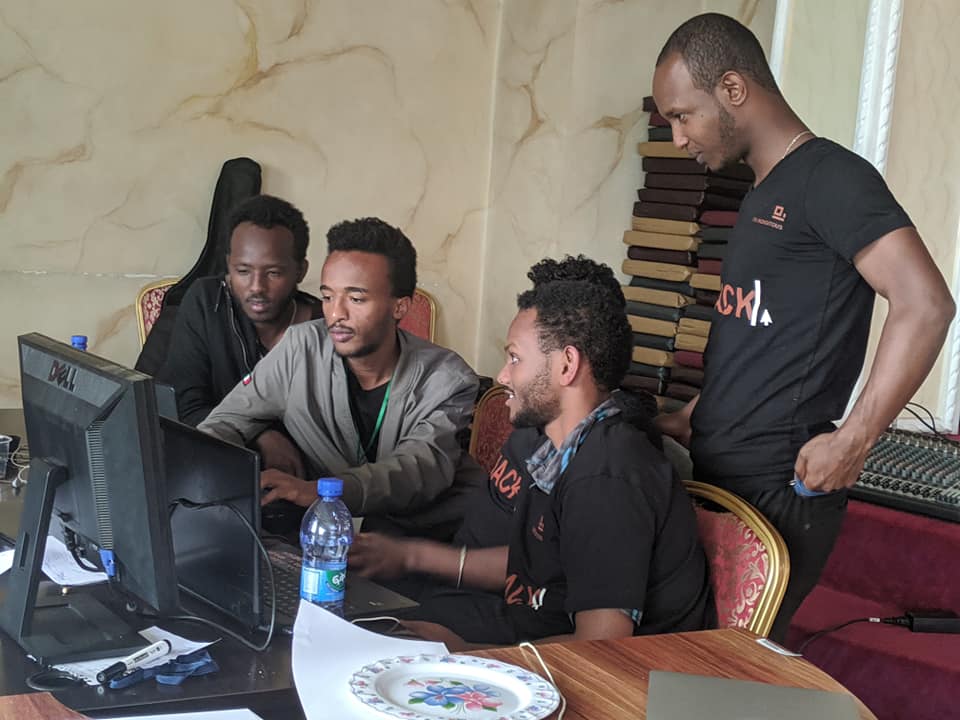
Abidjan, Côte d’Ivoire: Twenty-three met in the second #HACK event in Abidjan, working on three projects, including creating ministry websites and an app for online discipleship.
Addis Ababa, Ethiopia: Addis has taken part in Indigitous #HACK every year so far. This year, 45 hackers gathered to work on five projects, including a Telegram bot manager, a Web-based aggregator of Christian content that filters out heresy, and a Bible app for kids.
Bauchi State, Nigeria: A first year #HACK location, 17 people met in Bauchi State to work on two projects, AskBuddy and Walking With Jesus.
Hawassa, Ethiopia: Thirty-three people contributed to 5 projects at this hackathon, including an evangelism count app that tracks how many people have heard the Good News and come to Christ, a series of short films in Amharic, and the creation of content for the goTandem app.
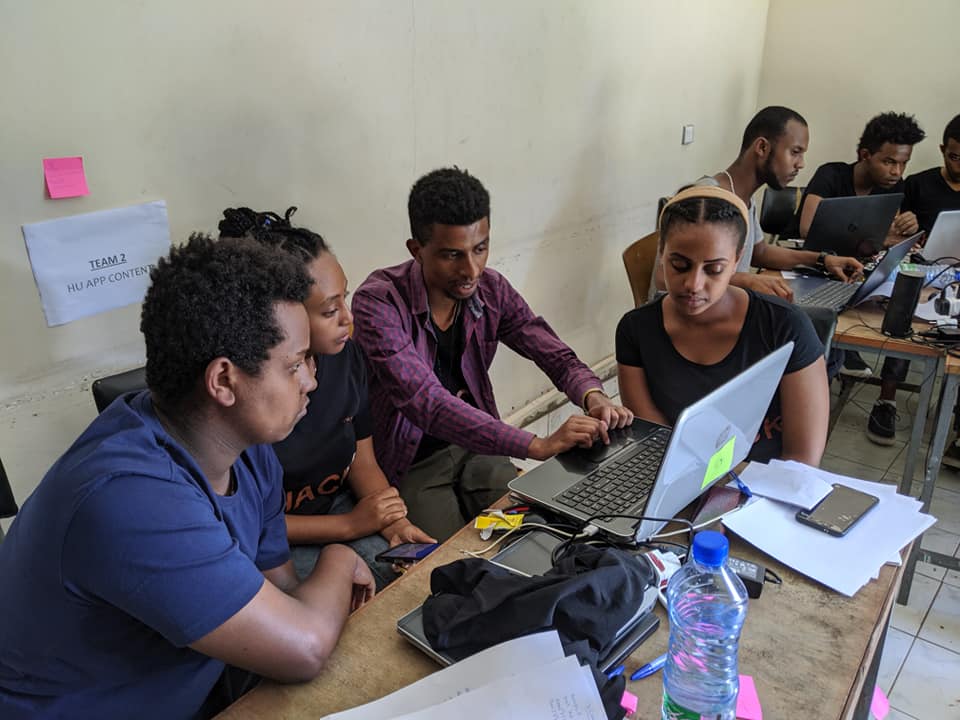
Kampala, Uganda: Twenty-eight hackers congregated in Kampala to work on a Christian blog and the Widespread Bible Chatbot
Lumbubashi, Democratic Republic of Congo: In a surprise #HACK event that most of us didn’t know was happening, 25 people met to work on two projects focused on biblical edification.
Nairobi, Kenya: Thirty people gathered in the Silicon Savannah to work on three projects, including an app to help with understanding the Bible.
N’Djamena, Chad: In this first-year city, 32 people gathered at the hackathon to work on two missional projects.
Europe
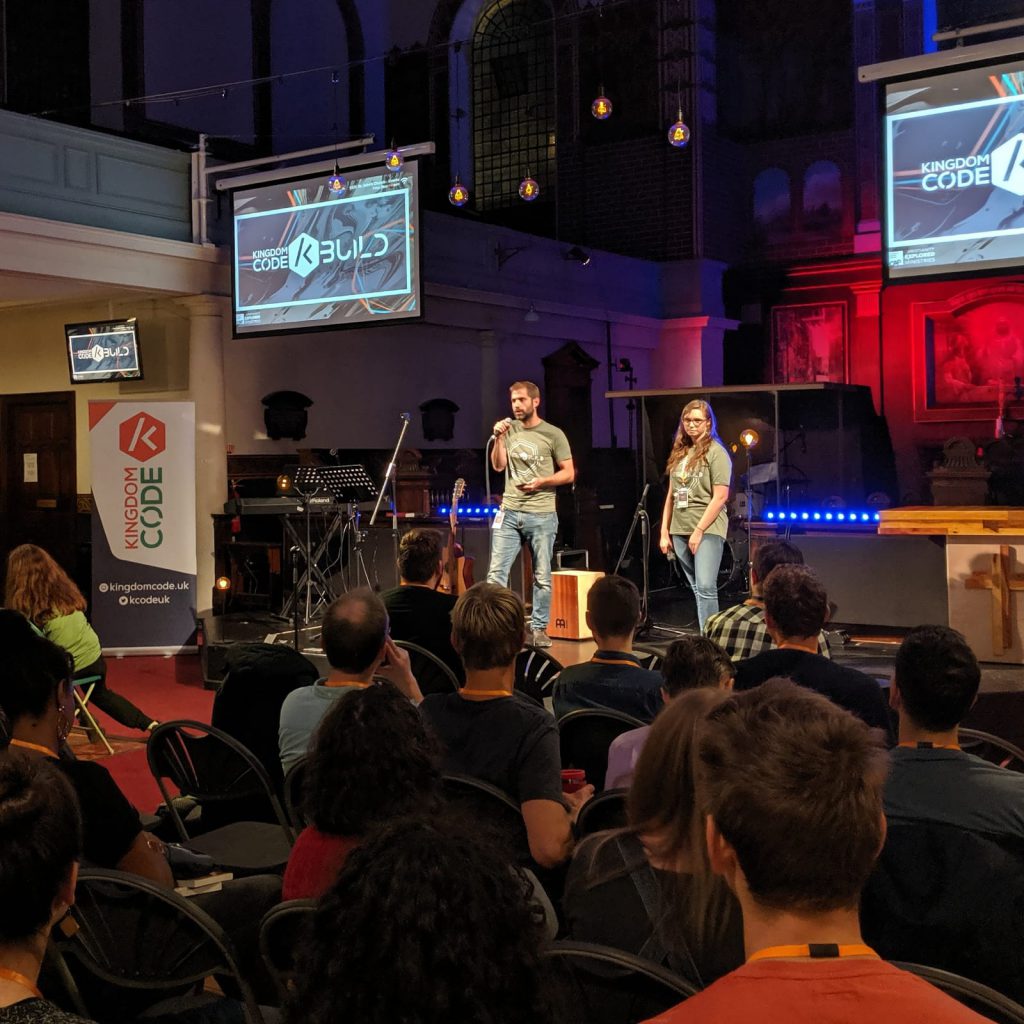
Berlin, Germany: In its first year at #HACK, 6 people met in Berlin to work on a project for 4Training.net, including translation of discipleship content.
London, UK: This Kingdom Code hackathon, which they call BUILD, saw 105 participants work on 13 missional projects. The prize-winning projects were Value Navigator — a Buzzfeed-style quiz that helps people understand what they value in life in terms of how God created them, Find the Need — which helps people find areas of deprivation around their church and relevant ministries that can help, and Bankuet, which helps food banks get donations that they need. Read more about this event on the Kingdom Code blog.
Asia
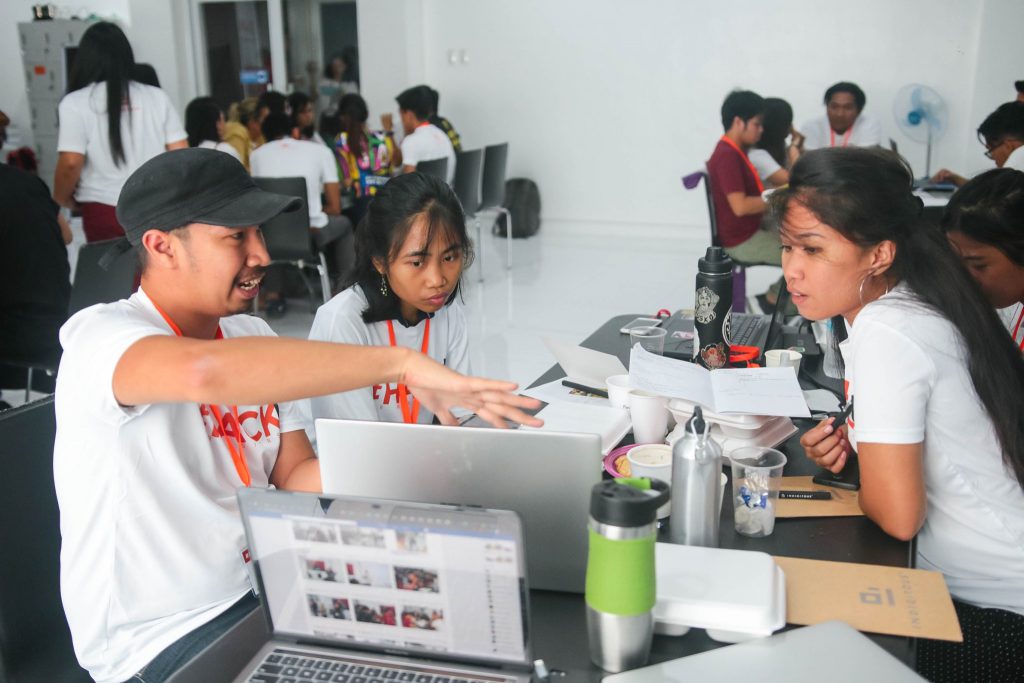
Bangkok, Thailand: Eight took part in this Thai hackathon to work on a Facebook page that helps people suffering from depression as well as a tithing management system.
Chiang Mai, Thailand: Participants in Chiang Mai worked on a project to create a Bible karaoke video tool that helps Bible translators increase literacy as well as biblical knowledge as well as a database to track Christian education materials in remote areas.
Hong Kong: Due to the volatile political situation in Hong Kong, it was decided to hold most of the hackathon online so people could participate remotely. Those who attended worked on ways to grow the local Indigitous community in Hong Kong.
Iloilo, Philippines: The first year of #HACK in this Philippine city saw 70 people gather to work on three projects, the Is There a God ad campaign, a website to connect people to online friends for missions, and the No More Orphans project featured in this post.
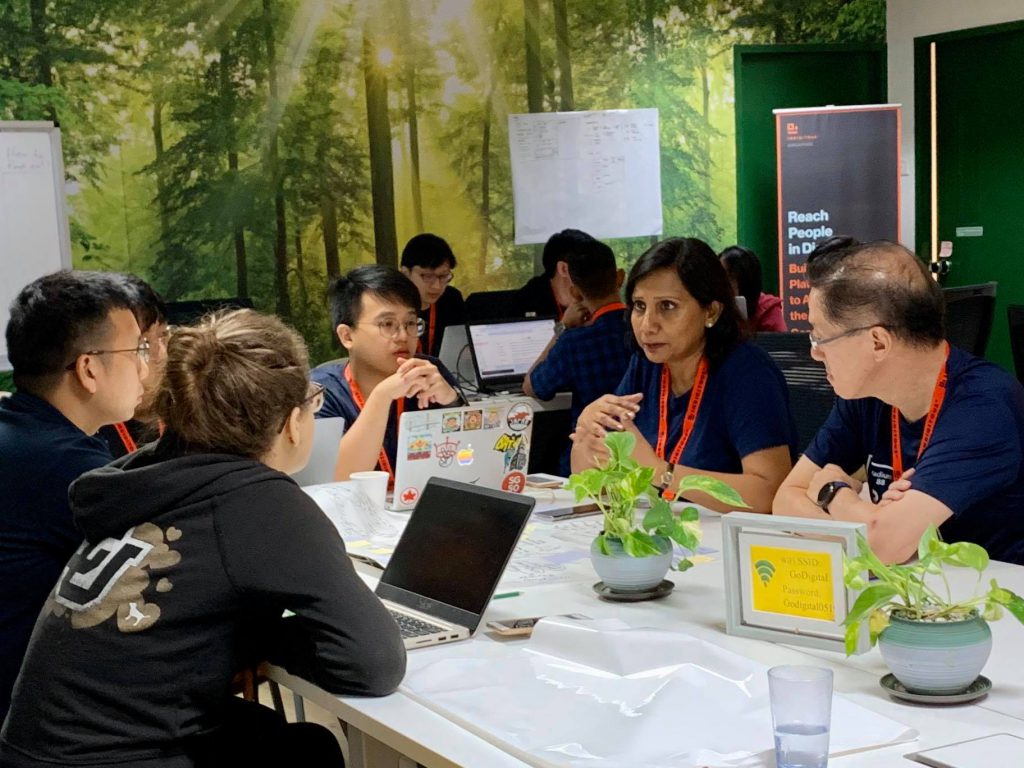
Manila, Philippines: Sixteen people formed three teams in Manila to work on challenges such as ending the sexual exploitation of children and creating a “next step” for those who watch the Jesus Film. In addition to the hackathon, participants also took part in a Digital Outreach event.
Mysore, India: Five challenges were worked on by 28 participants at #HACK Mysore, including a one-to-many discipleship app, a treasury management app, and a short film called Where Are the Disciples?
Singapore: One of the locations that has taken part in #HACK in each of the first four years, Singapore had 105 participants who contributed to four challenges, including helping connect the churches in Singapore for better collaboration and bringing healthcare to the poor and underprivileged.
Oceania

Auckland, New Zealand: The Kiwis in New Zealand started off #HACK this year with their event on September 13-15. Fourteen people joined to work on two projects aimed at improving the user experience for members and visitors of Indigitous.org. One project was better integrating Github into the Indigitous.org website to better enable people to find users and projects for collaboration. The other was a UX project creating an ideal user journey for the website.
Melbourne, Australia: Ten participants in this Down Under #HACK worked on a platform for matching ministry workers in unreached places with donors and a conversational engine for engaging users in India on a content journey.
Run
Write the vision; make it plain on tablets, so he may run who reads it. (Habakkuk 2:2)
- Check the Hub map for an Indigitous community near you.
- Join a Hub and contact the Hub Leader to get involved in that community.
